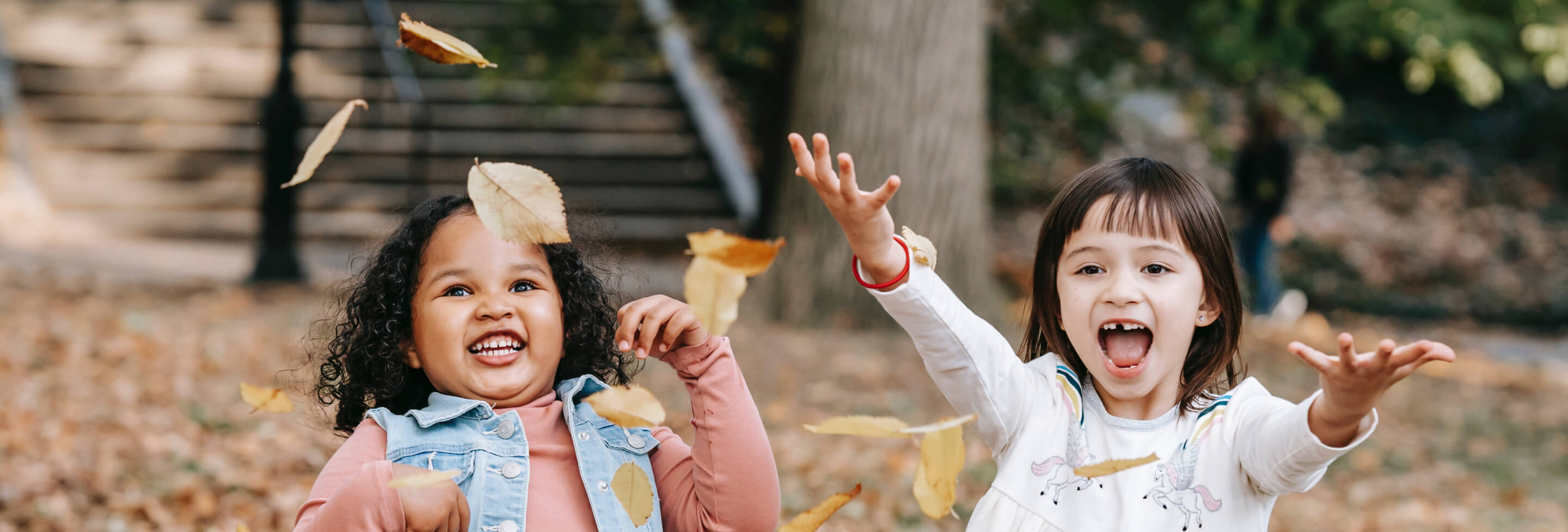Supporting Children who are Grieving a Death by Suicide Toolkit
Apoyando a los niños que están sobrellevando un duelo tras una muerte por suicidio
Community Members Supporting Children who are Grieving a Death by Suicide
Establishing a Trauma-Informed Parent-Child Relationship in the Wake of Covid
For some grieving families, Covid-19 was the catalyst for nonstop stress, distress, and trauma. Literature shows that under persistent states of stress, family systems can become compromised in areas such as parenting practices, communication, routines, structure, and emotional cohesion (Sheidow, et al., 2014). Research shows that strong family cohesion, positive parenting practices and structure are associated with building resiliency in youth (Haine et al., 2008). Incorporating an evidence-based framework of Attachment, Regulation, and Competency (ARC), attendees will be able to increase their knowledge in these three domains and receive applicable interventions to utilize in a group setting that help facilitate the restoration of familial cohesion between caregivers and youth (Blaustein & Kinniburgh, 2018). The ARC framework is effective with diverse populations, across various developmental stages, and can be applied in clinical and nonclinical settings (Arvidson, et al., 2011). Each domain of ARC is concurrently supported with the evidence-based practices used to support grieving youth and families.”
